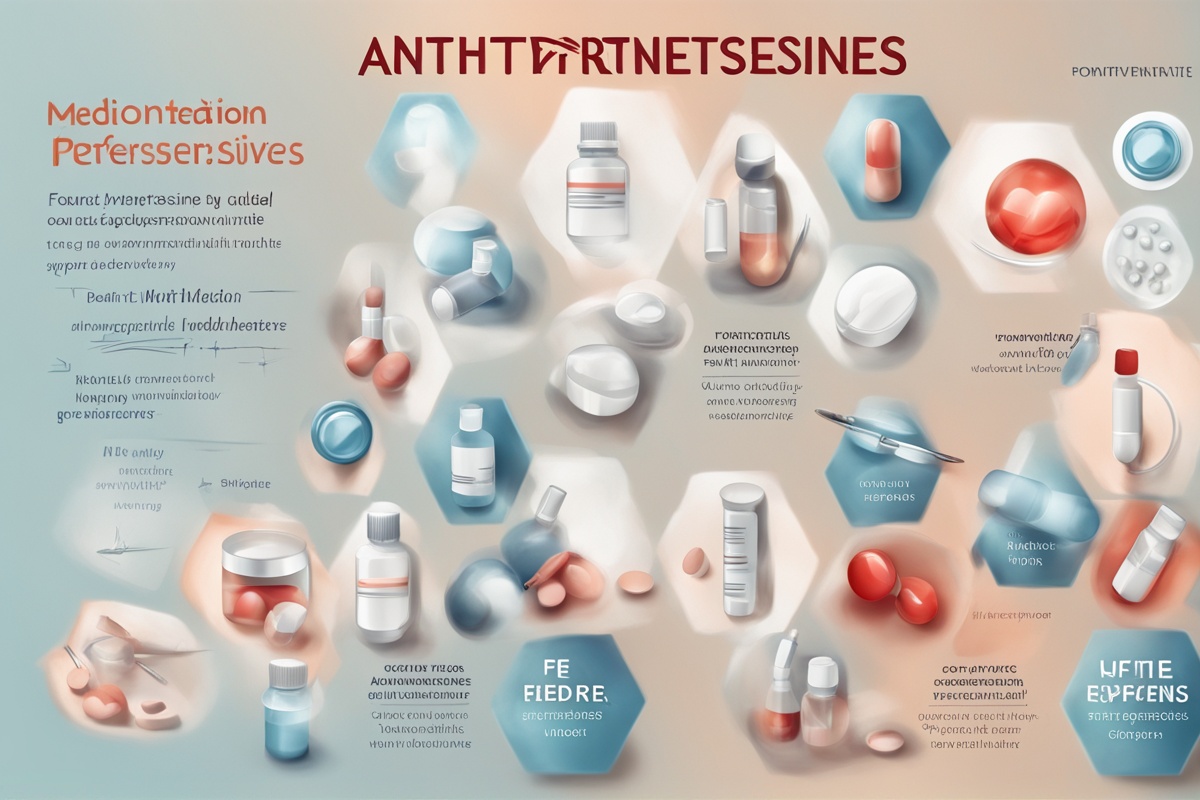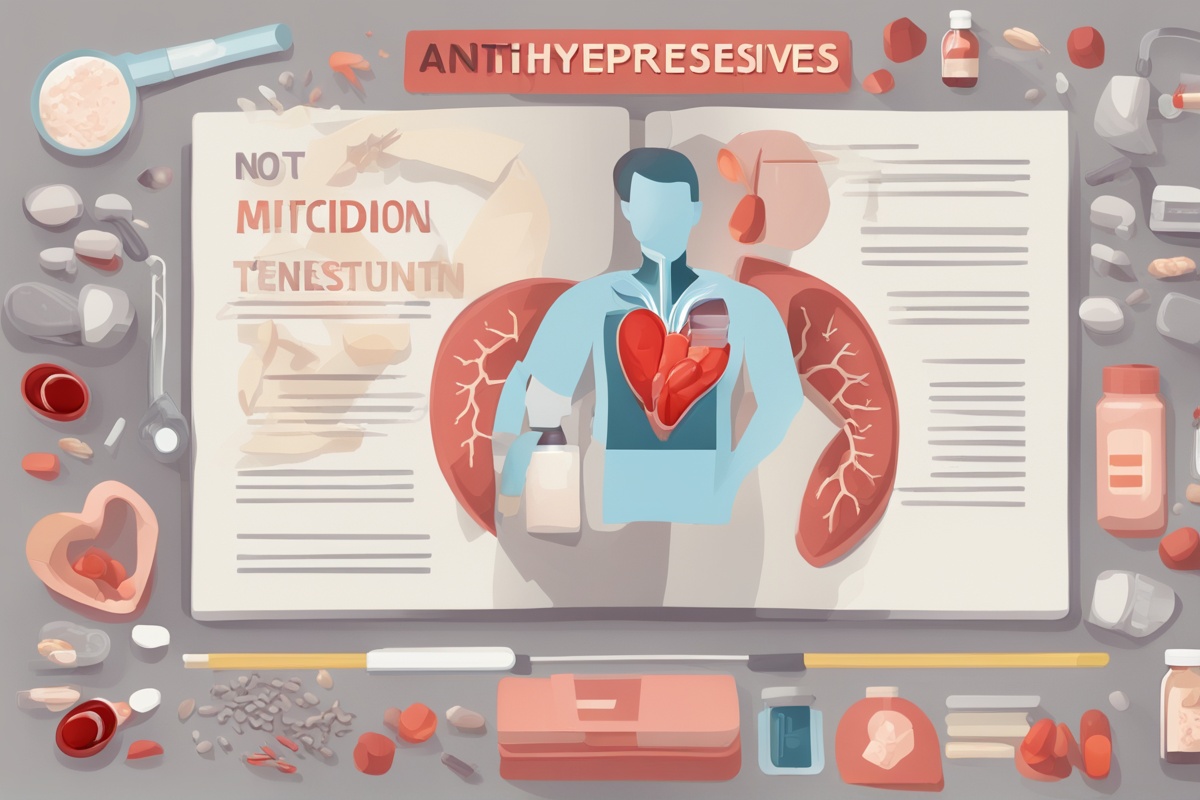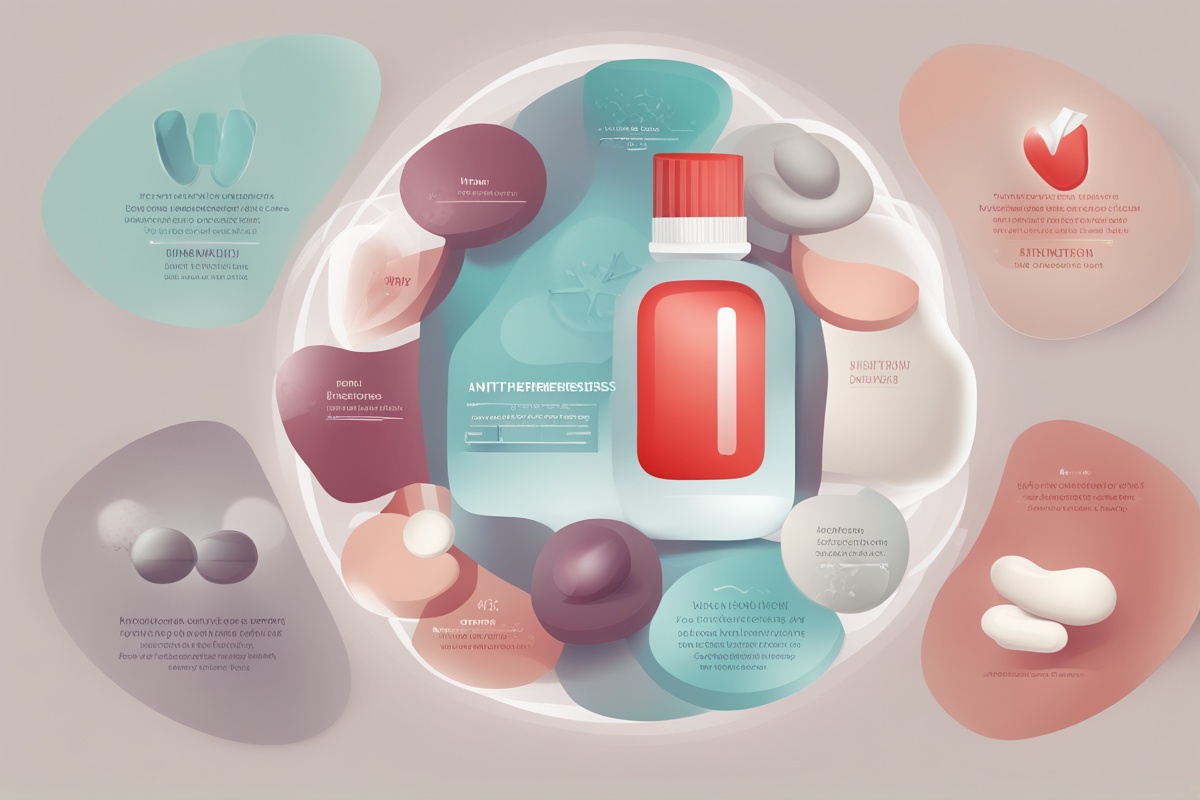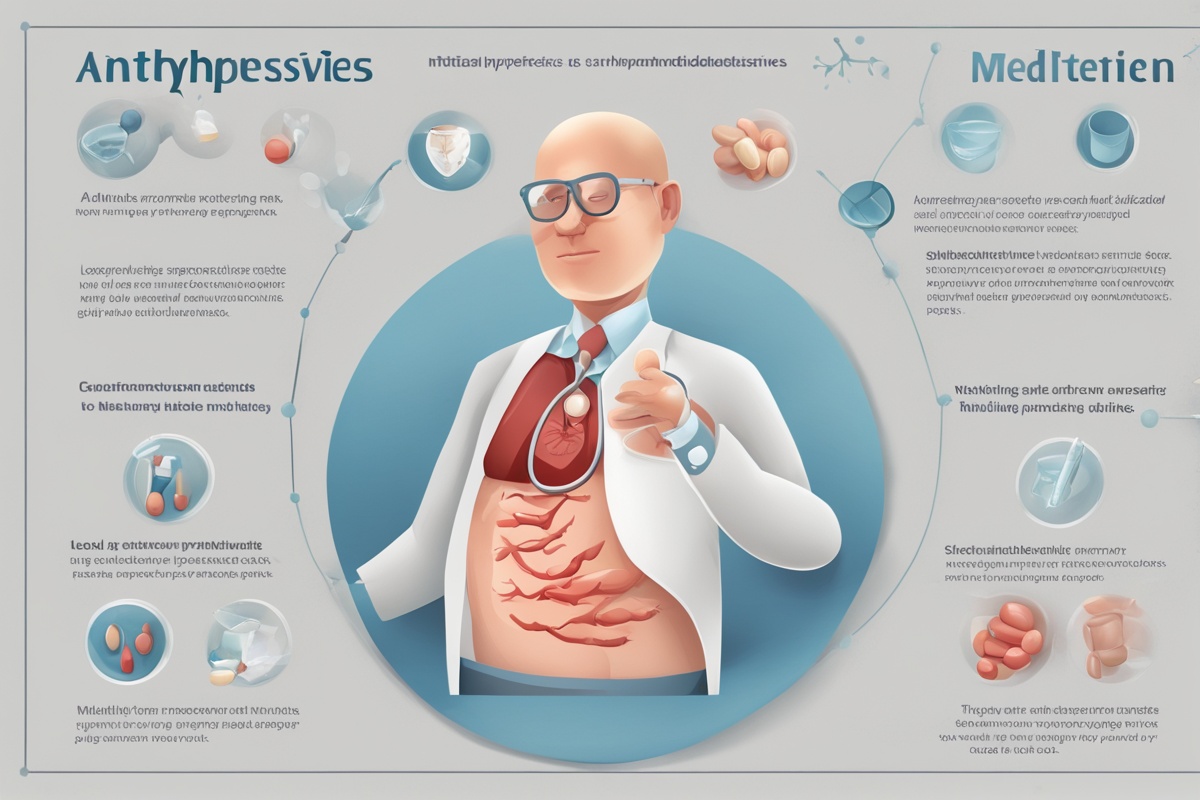Navigating the world of antihypertensive medications can feel like walking a tightrope. On one hand, these pills are a lifeline for millions, helping to manage high blood pressure and prevent serious complications like heart attacks or strokes. On the other, taking them correctly requires a blend of discipline, awareness, and sometimes a bit of trial and error. If you’ve ever found yourself wondering, “Am I doing this right?” or “Could I be getting more out of my treatment?”—you’re not alone. Today, we’re diving deep into the best practices in taking antihypertensive pills, offering practical, actionable tips to help you stay on top of your health game. Whether you’re newly diagnosed or a seasoned veteran managing hypertension, let’s unpack some strategies that can make a real difference.
Understanding Your Antihypertensive Medication
Before we get into the nitty-gritty of best practices, let’s take a step back. Not all antihypertensive pills are created equal. There are several classes of these medications—think ACE inhibitors, beta-blockers, diuretics, and calcium channel blockers—each working in unique ways to lower blood pressure. Some slow your heart rate, others relax blood vessels, and a few help your body flush out excess fluid. Knowing which type you’re on (and why) is the foundation of taking them effectively. I remember when my uncle was first prescribed a beta-blocker; he didn’t realize it could make him feel fatigued at first. Had he known what to expect, he might’ve adjusted his schedule to ease into the side effects. So, start by having an honest chat with your doctor or pharmacist. Ask questions like, “How does this drug work?” or “What side effects should I watch for?” This isn’t just about blind compliance—it’s about empowering yourself to manage your treatment.
Timing Is Everything: Stick to a Consistent Schedule
Ever heard the saying, “Timing is everything”? When it comes to antihypertensive pills, truer words were never spoken. Most of these medications work best when taken at the same time every day, keeping drug levels steady in your bloodstream. Imagine you’re supposed to take your pill at 8 a.m., but one day you forget until noon. That delay could cause fluctuations in your blood pressure, leaving you vulnerable to spikes or dips. I’ve seen this happen with a close friend who juggled a chaotic work schedule. She started setting a daily phone alarm—problem solved. If your doctor advises taking your meds with food, pair them with breakfast or dinner to build a habit. And if you’re on multiple doses, don’t play guessing games; use a pill organizer. Consistency isn’t just a suggestion—it’s a cornerstone of effective hypertension management.
Dos and Don’ts: Avoid Common Pitfalls
Let’s talk about some easy-to-make mistakes that can throw a wrench in your treatment plan. First, don’t skip doses, even if you’re feeling fine. High blood pressure is often a silent condition—you might not feel symptoms, but the damage can still creep up. On the flip side, don’t double up if you miss a dose; that can lead to dangerous drops in blood pressure or other side effects. I recall a neighbor who thought “catching up” on missed pills was a smart move, only to end up dizzy and lightheaded for hours. Instead, call your doctor for guidance. Also, steer clear of grapefruit or grapefruit juice with certain antihypertensives like calcium channel blockers—it can interfere with how your body processes the drug. Little things like this can sneak up on you, so always read the fine print on your prescription label or ask your pharmacist for a quick rundown of food and drink interactions.
Monitor and Communicate: Keep Tabs on Your Body’s Response
Here’s a question for you: How often do you check in with yourself after taking your antihypertensive pills? If the answer is “not much,” it’s time to change that. Monitoring how your body responds isn’t just for doctors—it’s a vital part of your routine. Keep a simple log of your blood pressure readings (invest in a reliable home monitor if you can) and jot down any unusual symptoms like dizziness, fatigue, or swelling. This data is gold when you meet with your healthcare provider. I’ve got a personal story here: my aunt noticed her ankles swelling a few weeks after starting a new medication. She brought it up at her next appointment, and her doctor adjusted her dose. Without that feedback loop, she might’ve ignored it until it became a bigger issue. And don’t hesitate to speak up if something feels off—your doctor isn’t a mind reader. Open communication ensures your treatment stays tailored to your needs.
Lifestyle Synergy: Complement Meds with Healthy Habits
Antihypertensive pills aren’t a magic bullet. They’re powerful tools, sure, but they work best when paired with a lifestyle that supports lower blood pressure. Think of it like a team effort: your meds do their part, and you do yours. Cut back on sodium—aim for less than 2,300 mg a day, as recommended by the American Heart Association. Swap processed snacks for fresh veggies and fruits. Exercise doesn’t have to mean running marathons; even a 30-minute walk most days can help. I’ve seen this firsthand with a colleague who started small—parking farther from the office to get extra steps. Over months, his blood pressure readings improved, and he felt more energetic. Stress management counts too. Whether it’s deep breathing, meditation, or just carving out “me time,” find what calms you. When meds and lifestyle align, the results can be transformative.
Stay Educated and Proactive: Partner with Your Healthcare Team
Lastly, don’t underestimate the power of staying informed. Hypertension treatment isn’t static—new research, updated guidelines, and even personal health changes mean your plan might need tweaks over time. Make it a habit to ask your doctor about any updates during check-ups. Are there newer, more effective meds for your condition? Could a generic version save you money without sacrificing quality? Being proactive also means planning ahead. What if you’re traveling and forget your pills? Always pack extras in your carry-on, and know how to reach a pharmacy or your doctor in a pinch. I once helped a family member navigate this during a cross-country trip—having a backup plan saved us a lot of stress. Partnering with your healthcare team isn’t just about showing up for appointments; it’s about being an active player in your health journey.
Mastering the best practices in taking antihypertensive pills boils down to a mix of knowledge, consistency, and adaptability. It’s not always easy—life gets busy, and health challenges can feel overwhelming—but with the right approach, you can take control. Remember, you’re not just swallowing a pill; you’re investing in a longer, healthier life. So, keep learning, stay vigilant, and don’t shy away from asking for help when you need it. Have you found any tricks that work for you in managing your meds? I’d love to hear about them—after all, we’re all in this together.
References
- University of Minnesota Extension – Managing High Blood Pressure
- Missouri Botanical Garden – Health Tips for Gardeners
- Penn State Extension – Master Gardener Health and Wellness Resources
- New York Botanical Garden – Health Benefits of Gardening
- University of Illinois Extension – Health and Wellness Resources
Disclaimer: This article is for informational purposes only and is based on general research, personal experiences, and insights gathered from reputable sources. It is not intended to serve as a substitute for professional medical advice, diagnosis, or treatment. Always consult a qualified healthcare provider or specialist for personalized guidance tailored to your specific health needs and circumstances. The information provided here should not be used to make medical decisions without professional input, and the author assumes no responsibility for any actions taken based on this content. Your health and safety are paramount, so prioritize expert advice when managing conditions like hypertension or making changes to your medication routine.
This content is for informational purposes only and not a substitute for professional advice.




